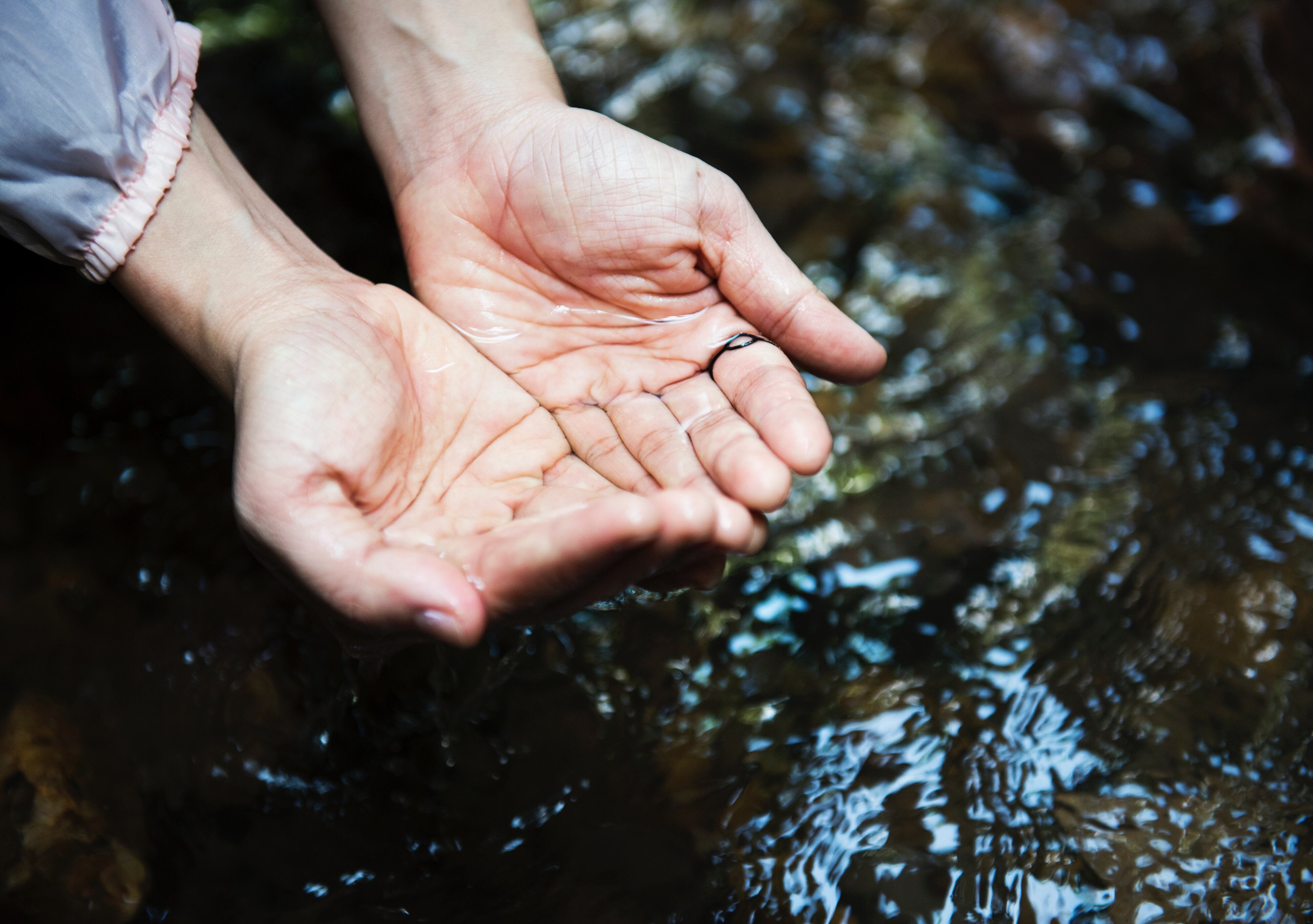Stress, lack of sleep and other lifestyle factors are considered the leading cause of skin conditions among Chinese consumers, global intelligence company, Mintel reveals. Their research indicates that 66% of Chinese consumers asked aged 20-49 indicate believe that lifestyle decisions are responsible for skin concerns.
Increasingly, global consumers are choosing to go green as a core lifestyle choice. Science, technology and business have collaborated to develop, advance and deliver innovations to retailers and end-consumers. Brand stories relating to “pure and efficacious” products are strongly impacting consumer decision making, revealed Matthew Crabbe, Regional Trends Director of Asia Pacific at Mintel.
In recent years, clean beauty has emerged as a result of consumers’ desire to know more about the items they are purchasing, Ecovia Intelligence reveals.
Multifunctional products have garnered a lot of attention as consumers want to save time without the risk disrupting their facial care routine. Facial masks with a cleaning function are proving popular as concerns around air pollution remain prevalent. These pollution-related worries are also having an impact on hair and scalp products developed and released onto the marketplace.
Value positioning and having it all
By focusing on accessing scientific advancements and contemporary approaches, Peach & Lily highlight the possibility that consumers can have it all through “results-first, clean, delightful, clinically-proven [and] safe”, products.
Dr Mark Gray has leveraged the clean beauty trend to rebrand Ao Skincare. The New Zealand company's core messages revolve around clean and cruelty-free cosmetics to position itself as an ethical and botanical brand that uses dermatology to create non-toxic skin care.
Mary Futher, the founder of Canadian-based indie brand, kaia naturals, aims to provide clean beauty for cosmetics consumers with busy lifestyles. Based on a minimalist concept and focus on brainstorming, extensive scientific research and natural ingredients, the beauty name has launched cleansing cloths, overnight dry shampoos and charcoal detox deodorants.
Creating personal care for “stinky boys” is an interesting concept and one that brings hygiene and target audience lifestyles to the forefront of building beauty brands. Michelle Houp, the founder and CEO of US indie brand, Prep U, has geared her natural and charcoal deodorants, body washes and sport soaks at parents and shoppers looking for premium personal care goods.
Tina Hedges, the founder of LOLI Beauty, introduces clean beauty that serves both the beauty buyer and the environment by offering a zero-waste, blend-it-yourself, organic and personalisable brand.
Sustainable and environmental influence
Health is more important than success and wealth as global beauty and personal care consumers value moderation and integrity and emphasising the importance of minimalism and clean living.
Retailers are maximising this draw towards clean beauty but creating clean packaging, green formulations and even, separate in-store shopping areas. Sephora has launched a clean beauty section in its US store, while Credo Beauty has unveiled seven clean beauty stores across the nation.
Designers and marketers are exploring transparent labels, designs and minimalism in dispensing to satisfy consumers' appetite for sustainable and environmentally-friendly production methods.
Market entry challenges
Petrochemical producer, Michang, has seen, first-hand, the difficulty in changing consumers minds on formulations that are perceived as ‘unclean’. Oil, for example, is associated with being impure and harmful. Yet, cleansing oil and mineral oil have a multitude of applications in the cosmetics industry including perfumes and baby oil, the brand state.
Innovations are gearing towards connecting individual consumers’ lifestyles with cosmetic and personal care choices. Researchers from The University of California San Diego and European Molecular Biology Laboratory have developed a molecular skin mapping software to explore the impact of the environment. In the near future, technologies such as mapping, augmented reality and artificial intelligence may be used to enhance this relationship between customisable lifestyle-specific demands, and products with cleanliness and hygiene functions.

